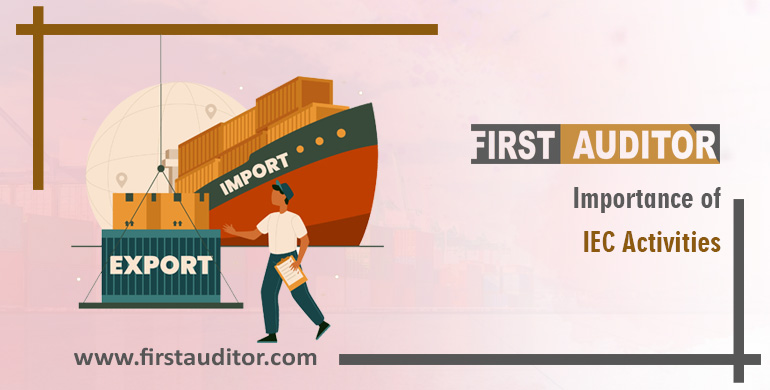
IEC is an extremely important component of the programme that should lay the basis for its successful implementation. It should be formulated and executed in a manner that would be the triggering effect for willing construction of sanitary facilities and maintenance of a clean environment in the village. National Rural Drinking Water Programme (NRDWP) aims at empowered, well aware and skilled stakeholders capable of proper planning, implementation, operation, maintenance and management of water supply and water resources at all levels. A number of new issues and challenges have also emerged such as sustainability – source, system, financial and institutional, quality issues and capacity of PRIs to shoulder the full responsibility are the major challenges. In this context, IEC plays a very critical role in bringing awareness on various aspects of safe drinking water, its usage, creating demand, protection and maintenance of the water source to all the stakeholders. IEC Campaign has to inform, educate and persuade people to realize their roles and responsibilities, and benefits accruing from investing in right practices. IEC strategy needs to prepare the PRIs and rural community at the village level to plan, implement, manage, operate and maintain ‘safe drinking water to all throughout the year on long term basis’ it is necessary that a multi‐pronged approach is adopted

































































